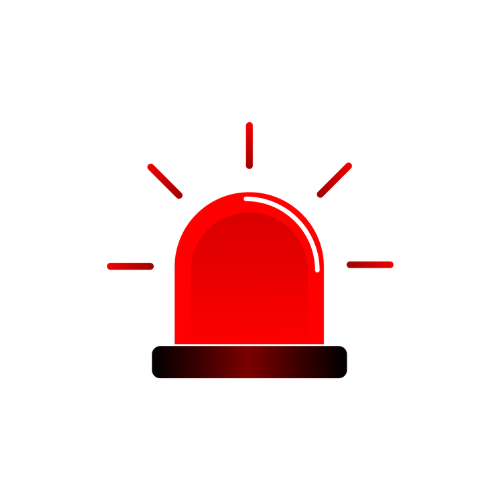Panic attacks can be incredibly overwhelming, characterized by sudden and intense waves of fear and anxiety. These episodes often include physical symptoms such as a racing heart, shortness of breath, dizziness, and sweating. While professional help is crucial for managing severe anxiety disorders, there are several effective strategies you can employ at home to manage and alleviate panic attacks.
1. Practice Deep Breathing
Deep breathing exercises are one of the most effective ways to calm your mind and body during a panic attack. When you feel a panic attack coming on, try the following steps:
- Sit or lie down in a comfortable position.
- Inhale slowly and deeply through your nose for a count of four.
- Hold your breath for a count of four.
- Exhale slowly through your mouth for a count of four.
- Repeat this cycle until you feel your anxiety levels decreasing.
2. Grounding Techniques
Grounding techniques help to anchor you in the present moment, distracting your mind from the overwhelming feelings of a panic attack. One popular method is the 5-4-3-2-1 technique:
- 5: Acknowledge five things you can see around you.
- 4: Acknowledge four things you can touch.
- 3: Acknowledge three things you can hear.
- 2: Acknowledge two things you can smell.
- 1: Acknowledge one thing you can taste.
3. Mindfulness and Meditation
Mindfulness and meditation practices can significantly reduce the frequency and intensity of panic attacks over time. By training your mind to stay focused on the present moment, you can lessen the grip of anxiety. Try setting aside a few minutes each day to practice mindfulness or guided meditation.
4. Physical Exercise
Regular physical exercise is a powerful tool for managing anxiety. Exercise releases endorphins, which are natural mood lifters. Even a short walk can help to alleviate the symptoms of a panic attack. Engaging in activities like yoga or tai chi, which combine physical movement with deep breathing, can be particularly beneficial.
5. Create a Safe Space
Having a designated safe space in your home can provide comfort during a panic attack. This space should be calm, quiet, and filled with items that soothe you, such as soft blankets, calming scents, or gentle music. Retreating to this space can help to reduce your anxiety levels.
6. Use Positive Affirmations
Positive affirmations can help to counteract the negative thoughts that often accompany panic attacks. Repeating phrases such as “I am safe,” “This will pass,” or “I am in control” can provide reassurance and help to calm your mind.
7. Limit Stimulants
Certain substances, such as caffeine and nicotine, can exacerbate anxiety and trigger panic attacks. Limiting your intake of these stimulants can help to reduce the likelihood of experiencing a panic attack.
8. Stay Hydrated and Eat Well
Dehydration and low blood sugar can contribute to feelings of anxiety. Ensure you are drinking plenty of water throughout the day and eating balanced meals to keep your body and mind in optimal condition.
9. Seek Social Support
Talking to a trusted friend or family member during a panic attack can provide emotional support and distraction. Sometimes, simply expressing your feelings can help to alleviate the intensity of the attack.
10. Know When to Seek Professional Help
While these home treatments can be effective, it’s important to recognize when you need professional help. If you find that your panic attacks are becoming more frequent or severe, or if they are interfering with your daily life, consider reaching out to a mental health professional for additional support and treatment options.
Conclusion
Managing panic attacks at home involves a combination of techniques aimed at calming both the mind and body. By incorporating these strategies into your routine, you can build a toolkit to help you navigate and reduce the impact of panic attacks. Remember, it’s essential to be patient with yourself and seek professional help when needed. With the right approach, you can regain control and find peace in the face of anxiety.

